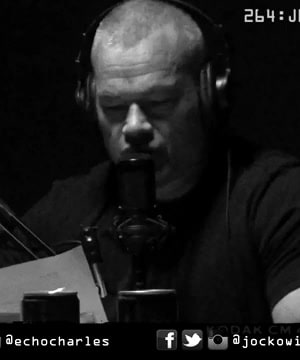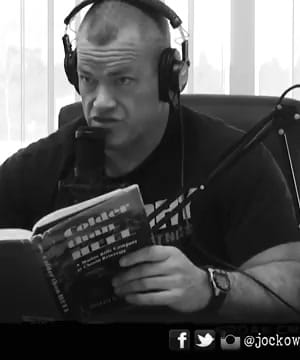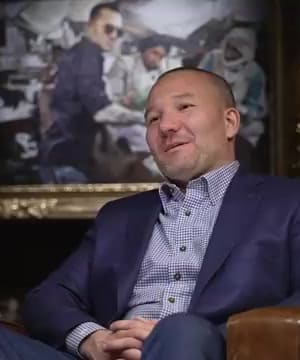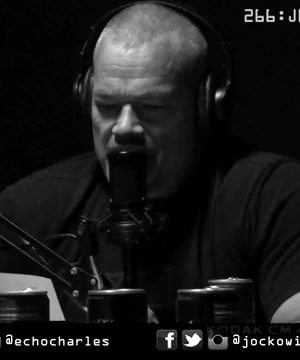Marines
Sources:
Here are some insights from trusted experts on various aspects of the Marine Corps:
Marine Corps Identity and Role
Mac Caldwell, a Marine Corps Infantry Officer, and Greg Jackson discuss the unique identity and evolutionary role of the Marine Corps. Initially small and specialized in amphibious operations, the Corps' value grew in small wars, becoming America's rapid-response expeditionary force. Despite the redundancy arguments with Navy and Army capabilities, the Marine ethos and unique training make Marines distinct and essential to America's defense strategy 1.
Competition and Team Efforts
Jocko Willink highlights the Marine Corps as an integral part of larger national efforts, not only in military contexts but also in international competition. Marines, while capable and autonomous, are team players working alongside other military branches, the State Department, and various national interests to advance U.S. objectives. This cooperative mindset underscores the continuous state of competition and maneuvering in geopolitical contexts 2.
Readiness and Adaptability
In a reflection on past conflicts, Jocko Willink emphasizes the importance of maintaining readiness even during peacetime. Historical instances where the Marine Corps had to quickly scale up capabilities in response to threats highlight the necessity of constant vigilance and flexibility. This readiness ensures that Marines can effectively respond to emergent challenges 3.
Personal Journeys and Specialization
Mark Geist, a former Marine, shares his journey from infantry to sniper roles. His experiences underscore the Marine Corps' dynamic nature, involving frequent deployments and rigorous training, often in cooperation with allied forces. This constant state of readiness and adaptability is a hallmark of Marine service 4.
Challenging Assumptions
According to Jocko Willink, the military profession, including the Marine Corps, encourages critical thinking and challenging assumptions. Mental discipline and humility are crucial to reassess environments and avoid complacency, ensuring effective strategy and operations in a rapidly changing world 5.
Learning from Combat
David Gurfein differentiates between peacetime and combat operations within the Marine Corps. Combat requires adaptability and quick decision-making, often deviating from rigid peacetime protocols. This flexibility is critical in volatile and uncertain environments, where the commander's intent guides actions and adaptations as situations evolve 6.
Core Values and Brotherhood
Kyle Carpenter, a Medal of Honor recipient, and Simon Sinek discuss the profound sense of love and brotherhood among Marines. This deep bond, formed through shared struggles and hardships, drives Marines to perform courageous acts, emphasizing the emotional and psychological unity that is less common in civilian professions 7.
These expert perspectives highlight various dimensions of the Marine Corps, from its unique identity and operational roles to the personal experiences and values that drive its personnel.
RELATED QUESTIONS



